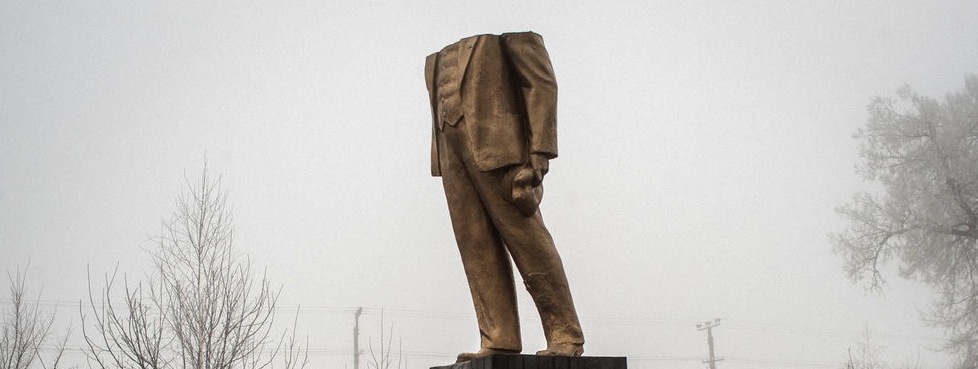
La Madone de Benthala (Hocine Zaourar, 1997)
Call for papersConflicting Memories: Arts, History, Commemorations
Many historical events give rise to conflicting narratives: wars, for instance, do not affect first-hand witnesses – in-the-field enlisted soldiers or behind-the-lines high-ranking officers – in the same way. Historical figures, too, are the objects of contradictory depictions. And local histories are at times overshadowed by national histories or mythical narratives which obscure everyday realities. Conflicting memories generate tensions which historians strive to translate into narratives favouring factual accuracy. Whether undergirded by the desire to write history or guided by the words of eyewitnesses, the efforts of memory stem from distinct preoccupations: individual experiences often differ from the collective narrative, and bring to the surface contesting interpretations. This conference will focus not only on historical events which fuel conflicting memories, but also on works of art – including those produced at the margins of institutions – which encourage or undermine the consensual interpretations of the past. Do artworks promoting a reinterpretation of the past help foster a new type of relationship between the present and the past? Do they open onto a different future? Some works spark off debates and suggest that memory is imbued with potentially irreconcilable sentiments. Historical materials and artworks convey this tension, articulating the gap between dominant and dominated memories. Does art help resolve conflicts or does it perpetuate them? Comparing different artists’ original takes on similar historical events may help us better understand the stakes behind conflicting memories. While some works of art contribute to erasing historical events from the collective memory – sometimes with the support of institutions –, others expose the denial of traumatic acts of violence affecting various cultural, ethnic, social, or political groups. A variety of examples can be drawn from colonial, political, and military histories. The history of Francoism in Spain, for example, translates into an inchoate narrative the silences and contradictions which artists (novelists, poets, painters, comic book designers, documentary filmmakers, etc.) explore. The role of cinema in the construction of ‘résistancialisme’ after France’s Liberation as well as in the interrogation of the nature of the Vichy regime – e. g. through the making of The Sorrow and the Pity (Max Ophüls, 1969) – constitutes yet another example. The confrontation between colonial and postcolonial histories, marked by the tension between remembering and forgetting (and /or repressing), is also conducive to conflicting memories, as commemorative practices – be they institutional or artistic – testify to. We will ponder the role of art (literature, theatre, film, painting, music, etc.) in the (de)construction of mythical, legendary or official narratives and examine the interactions between works that adopt the official line and those that contest that line. How does literature deal with symbolically subversive topics? What strategies do the performing arts develop to turn the stage, or the performance area, into a laboratory where alternative futures can be imagined? How do artists avail themselves of varying aesthetics of rupture in order to question the accepted interpretation of historical events? This conference aims to expand on these notions through a multidisciplinary approach that will allow us to confront different methodologies. Possible avenues of research include (among others): - Official commemorative practices and their role in the construction of memory - The role of the arts in memory debates and struggles - The construction of forgetting and (re)-memorializing - The relationship between official memory and contested pasts
Please send your abstract (about 250 words) and a short biography to the conference website https://conflicts2017.sciencesconf.org/ by 15th October 2016. You will need to create an account before submitting your proposal.
|

